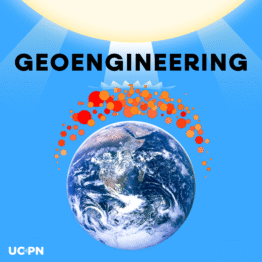
Upcycling Waste Lipids into Monomers via Sustainable Catalysis
This project aims to develop catalytic strategies for converting saturated fatty acid from waste cooking oils into unsaturated monomers and functionalized carbon building blocks. By integrating a transfer dehydrogenation approach using masked alcohols with nickel-catalyzed hydroesterification, the researchers propose a new, scalable route to renewable polymer precursors. These methods rely on earth-abundant transition metals (e.g., Ni, Fe) and avoid the use of harsh oxidants. This work directly addresses climate and sustainability challenges by valorizing urban lipid waste, reducing reliance on fossil-based reagents, and establishing atom-economical, low-waste chemical transformations. The project also promotes interdisciplinary exchange between catalysis, polymer science, and circular economy frameworks. Ultimately, this work contributes to sustainable chemical manufacturing and the development of degradable materials from waste biomass.
Cameron 4:06 PM “We are developing new catalytic methods to convert waste cooking oil into sustainable monomers for polymer synthesis. By leveraging earth-abundant metals and innovative dehydrogenation chemistry, our work establishes greener, more sustainable routes for transforming waste biomass into degradable materials.”
Kezhi Chen, Graduate Student, Dong Research Group, University of Chicago
























